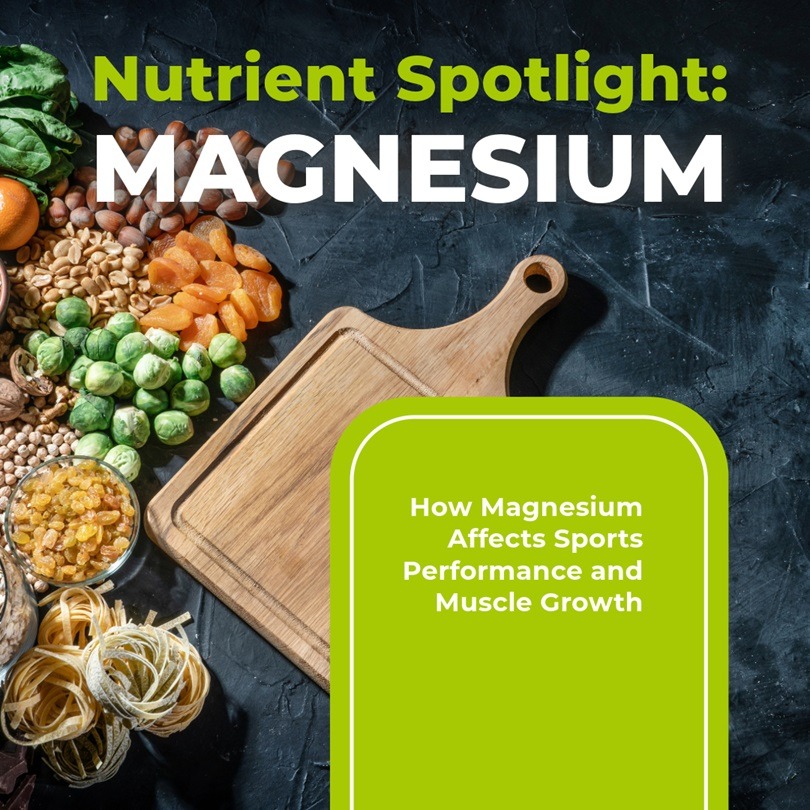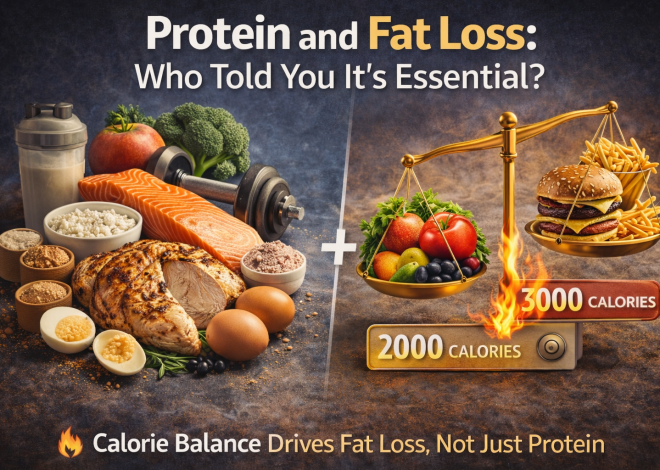
How Magnesium Affects Sports Performance and Muscle Growth
Magnesium is a vital nutrient that supports muscle function, energy production, and recovery. Despite its importance, many people fail to get enough of it in their diet. For athletes and fitness enthusiasts, maintaining optimal levels can enhance endurance, reduce cramps, and improve overall well-being.
Why Magnesium is Crucial for Athletes
Magnesium and Muscle Function: Preventing Cramps and Stiffness
To perform well in any sport, muscle function must be at its best. Magnesium plays a key role in muscle contractions and relaxation. It works alongside calcium to regulate movement, ensuring that muscles don’t become stiff or cramp. Without adequate intake, recovery slows down, making workouts feel more strenuous. Therefore, maintaining proper levels can enhance flexibility and post-workout recovery.
Energy and Endurance
Since energy is essential for exercise, magnesium is critical for ATP production—the body’s main energy source. When levels drop, energy production decreases, and fatigue sets in faster. As a result, workouts may feel more exhausting, leading to decreased endurance. On the other hand, optimal levels help sustain strength and energy, allowing for longer and more effective workouts.
Electrolyte Balance
Moreover, this mineral acts as an electrolyte, helping to regulate fluid balance in the body. Proper hydration is crucial for athletic performance because dehydration can lead to muscle cramps and fatigue. With adequate intake, athletes experience fewer cramps, better hydration, and improved overall performance.
Magnesium’s Role in Muscle Growth and Recovery
Protein Synthesis: How It Supports Muscle Repair
After intense exercise, muscles need to recover and grow. Magnesium plays an essential role in protein synthesis, ensuring muscle fibers rebuild stronger. Without sufficient intake, muscle repair slows down, which can result in longer recovery times and increased soreness. Therefore, consuming enough of this mineral is key to optimal growth.
Testosterone and Insulin Regulation
Additionally, magnesium influences important hormones like testosterone and insulin. Since testosterone supports muscle-building processes, this mineral helps regulate its levels in the body. Likewise, insulin plays a key role in transporting nutrients to muscle cells, aiding in muscle repair and recovery. By ensuring a proper intake, you support the hormonal balance necessary for development and overall performance.
Better Sleep and Faster Recovery
Besides affecting energy and performance, magnesium also contributes to better sleep quality. Because it has a calming effect on the nervous system, it helps reduce stress and promotes relaxation. Consequently, improved sleep leads to faster recovery and better overall performance.
How to Get Enough Magnesium for Peak Performance
Best Sources of Magnesium for Athletes
Since the recommended daily intake varies, most adults need between 310 and 420 mg per day. However, athletes may require more due to higher physical demands. Some of the best food sources include:
- Leafy greens (such as spinach and kale)
- Nuts and seeds (almonds, pumpkin seeds)
- Whole grains (quinoa, brown rice)
- Legumes (black beans, lentils)
- Fatty fish (salmon, mackerel)
By incorporating these foods into your diet, you can naturally increase your intake and boost performance.
Should You Take Supplements?
Although whole foods are the best source of nutrients, some people struggle to meet their magnesium needs through diet alone. In such cases, supplements can help bridge the gap. Forms like magnesium citrate and glycinate are highly absorbable and may support performance and muscle recovery. Nevertheless, it’s always a good idea to consult a healthcare provider before taking supplements to ensure safe and appropriate use.
Conclusion:
In summary, magnesium is essential for muscle function, endurance, and recovery. It helps regulate energy production, muscle contractions, and hydration levels, making it crucial for athletic performance. Furthermore, it plays a key role in protein synthesis, hormone regulation, and sleep quality, all of which contribute to muscle growth.
To maximize your workouts and recovery, be sure to get enough magnesium from nutrient-rich foods or supplements. By doing so, you’ll improve your performance, reduce fatigue, and enhance muscle-building efforts. Whether you’re a professional athlete or a fitness enthusiast, this vital mineral should be an essential part of your nutrition plan.



